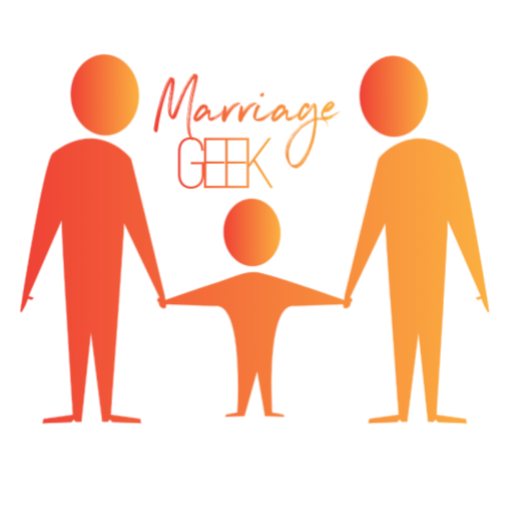The Best Self Help Book of 2018… so far
My New Year’s resolutions is to read fewer books in 2018. Really…fewer.
Last year I read 61 books. A good friend encouraged me to join GoodReads, to keep track of what I was reading. In January of 2017 I publicly declared on the site that I wanted to read 30 books. Well, 2017 was a super boring year because I met that goal by June… doubled it and completed the year having read way too many books. Not that books aren’t wonderful, but I think it may be time for some balance in my life.
I love GoodReads. Here- follow me. You can see what I love, what I don’t love. You can even read my Kindle highlights of all the self help books I have read lately. This is almost as good as the olden days when I would lend you a physical copy of a book with yellow highligher marks. Maybe better because I lost most of those books and this way I am sharing my favorite book highlights with thousands of you…and you don’t have to try and remember to return it. (Oh… and say something wonderful about the book I wrote!!! I have an author’s page…isn’t that freaking amazing!)
I don’t recommend many self help books. Either you aren’t the kind of person who gets anything out of reading self help stuff (one of the main reasons I love doing my workshops) or, you read too many of them.
I grew up in a family that was pretty good at finances… I am not. Over the years, I spent thousands trying to figure out how to save money… yeah…irony. Like diet books tell you to eat less and exercise more, finance books all think you have to spend less than you make. Not one of them had the magic idea for which I was searching.
Self Help books often don’t help
Parenting/marriage/self improvement books can feed our insecurities, having us endlessly look to others for certainty about ourselves. Ok-I know I wrote one. And I am working on another.
Every once and a while, a book floors me. I rated 14 of the 61 books with 5 stars… and only one self help book made the cut.
In 2016 I raved about Out of Control: Why Disciplining Your Child Doesn’t Work… and What Will by Shefali Tsabary on my blog
My 2018 GoodReads goal is actually 62 books… I just hope I get so caught up exercising, making money, playing with my kids and having a great life that I fail… just a bit.
And a really good one…
The first book I finished in the new year was fantastic. Adult Children of Emotionally Immature Parents: How to Heal from Distant, Rejecting, or Self-Involved Parents by Lindsay C. Gibson
My work on marriage and parenting with a focus on healthy emotional responsiveness and attachment often draws people who didn’t learn those lessons from their family of origin and are trying to figure out what that looks like for their new family.
My parent’s generation often had tons of unprocessed grief, loss and trauma. It left them able to meet their children’s physical needs but not attuned to their emotional ones. These “emotionally immature adults” struggle to acknowledge their children’s inner experiences, discount feelings, and fear true intimacy. The impact of growing up in an often emotionally hostile culture damages a child’s sense of self.
This wonderful book identifies the cost of having emotionally immature parents, how to deal with them differently, how to do your own inner work and how to build healthier relationships moving forward.
A few of the best quotes.
“I have it all,” they’re likely to say. “I should be happy. Why do I feel so miserable?” This is the classic confusion of a person whose physical needs were met in childhood while emotional needs remained unfulfilled.
But if you’ve been trained to discount your feelings, you’ll feel guilty for complaining if everything looks okay on the outside.
Communication with emotionally immature people usually feels one-sided. They aren’t interested in reciprocal, mutual conversations. Like young children, they crave exclusive attention and want everyone to be interested in what they find engaging.
(Children of emotionally immature parents) are accustomed to supplying most of the empathy and doing more than their fair share in trying to get along, and for a long time they may not notice that they’re getting worn out while the other person isn’t changing at all.
(True self is) an extremely accurate, self-informing neurological feedback system that points each individual toward optimal energy and functioning…Children stay in alignment with their true self if the important adults in their lives support doing so.
If this is your history, I see your struggles. If this is your journey, congratulations. Do the work. Heal your childhood while you give your kids and your partner their best shot at finding their true self. Know that the battles are hard, the work is scary and without a good compass you will often feel lost. Attachment work means leaning into the most terrifying life lessons. By raising great kids and building strong relationships, we transform ourselves… and our community.

